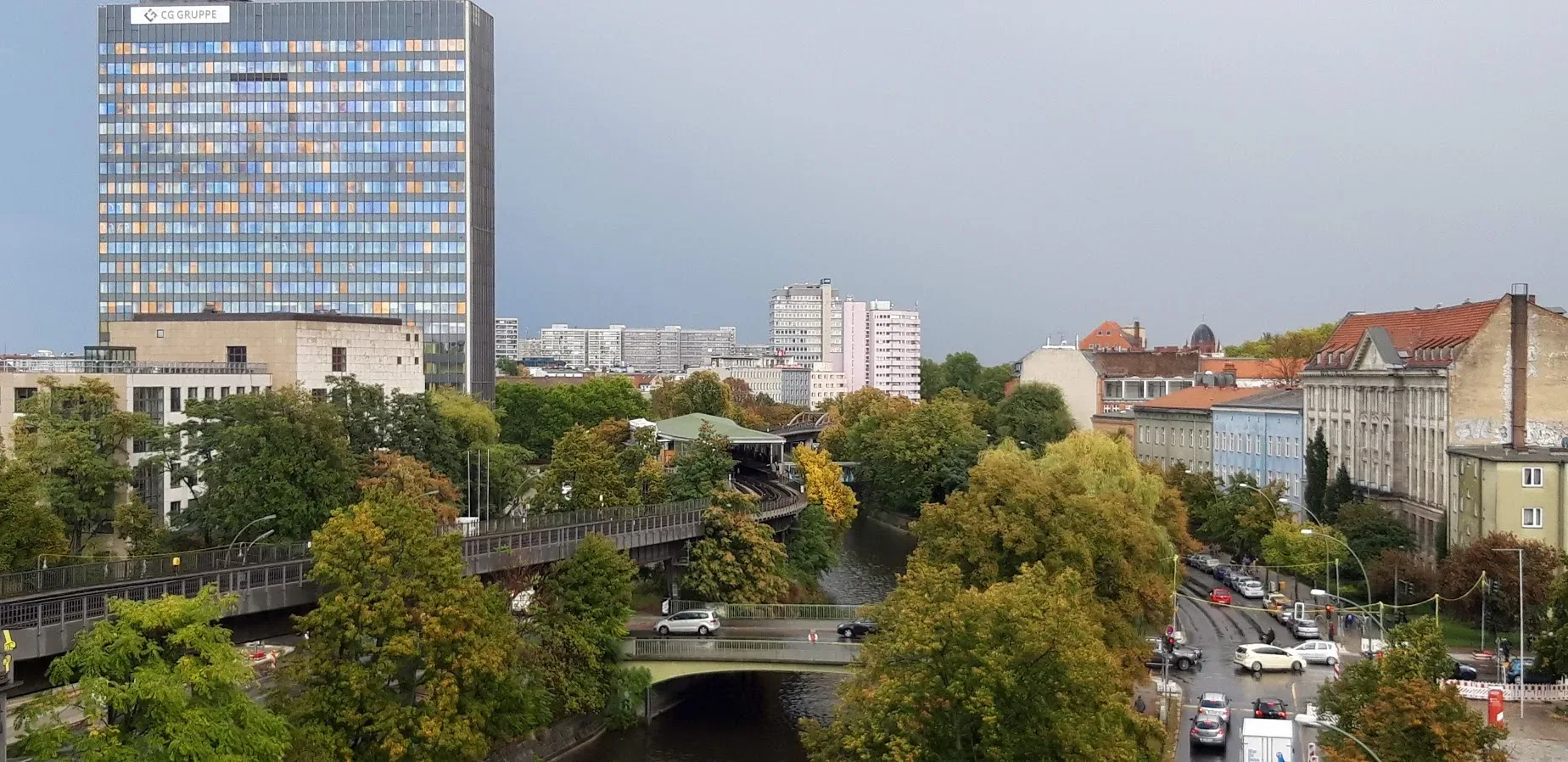As the race for Quantum Computing heats-up, Germany often seems suspiciously quiet from the perspective of the rest of the world. Historically Germany was one of the leaders of the Quantum revolution that began in the 1920’s and one hundred years later it is making use of its heavy research and industrial might to ensure that it remains core to the development of the Quantum industry.
A new German alliance for Quantum Computing
In the state of Lower Saxony, several research institutions, universities, and technology companies have gathered and formed an alliance. The goal is to unite and develop an ion trap-based quantum computer by 2025. The Ministry for Science and Culture of Lower Saxony and the Volkswagen Foundation both announced this past Friday that more than 400 scientists will combine their skills and knowledge to work together.
What on earth is an Ion Trap?
Ion trap technology is widely seen as a way to develop scalable quantum computers with much potential. Physicists from the University of Innsbruck have built the current most powerful ion trap quantum computer with twenty qubits. IBM and Google currently have the largest quantum computers worldwide, with 54 and 64 quantum bits, respectively. Both are located in their development centres. Based on qubits in the form of deep-frozen microwave resonators, they can be expanded to reach more than 100 qubits in the future.
Last year, Google shocked the quantum community when Sycamore, the company’s quantum computer, solved a mathematical problem faster than a supercomputer. Even so, it is still unclear whether quantum or classical systems will be the platform future computer technology is based on. Thus, there is still research to be carried out, classical or quantum.
The Germans enter the Quantum Computing Race
Together with universities and research institutions, the state of Lower Saxony is developing a quantum computer for Germany by 2025
The ‘Quantum Valley Lower Saxony’ (QVLS) new quantum research network is made up of various institutions and groups. They are Leibniz University Hannover, TU Braunschweig, Physikalisch-Technische Bundesanstalt (PTB), the Albert Einstein Institute of the Max Planck Society, the Institute for Satellite Geodesy and Inertial Sensing of the German Aerospace Centre, and Sartorius AG, the medical technology group.

In the past decade funds exceeding 220 million Euros have been used in quantum research, making quantum research in Lower Saxony the apex, according to the QVLS.
The goal is not just to win the research race. With the establishment of the QVLS, the economy and start-ups in Lower Saxony will have opportunities to be boosted from January 2021. The Ministry for Science and Culture of Lower Saxony and Volkswagen Foundation will support various for the time being, with funds from Lower Saxony’s ‘Vorab’ programme. At the same time, the alliance will apply for additional funds from the government’s latest economic stimulus package, as well as from state funding programmes for quantum technology research.
With the Quantum Valley Lower Saxony initiative, the region is now seizing the opportunity to make an internationally visible contribution to the upcoming technological leap and thus to strengthen Lower Saxony as a science and business location.
Prof. Dr. Jürgen Mlynek , Founding Commissioner “Quantum Valley Lower Saxony”
Lower Saxony is not the only German state interested in quantum computers. In Ehningen near Stuttgart, an IBM Q System One computer is being installed at the IBM data centre there. It will commence operation when 2021 arrives. The Fraunhofer Institute for Applied Solid State Drives Physics IAF will be one of the first users of this computer. A quantum computer has also been developed at Jülich Research Centre in North Rhine-Westphalia for a while now. T
Enter the OpenSuperQ Quantum Computing Project
We have recently seen headlines from IBM stating their road-map of where they intend to be in terms of qubit number by particular dates and we are told to expect over 1,000 qubits by 2023. Honeywell and other smaller players are making steady progress towards Quantum Advantage where quantum computers are sophisticated enough to out-compute classical computational.
A race for the fastest Quantum computer has begun in Germany. Perhaps one of the key difference in Germany will be the larger research and industrial base compared to many other European nations.
The ‘OpenSuperQ’ system is slated to reach 100 qubits in the future and is based on superconducting resonator circuits similar to Google’s and IBM’s computers. The operating system will be open-source software, which allows all users to access the quantum computer and use it for their own experiments and programming work.
OpenSuperQ will be primarily meant for simulating chemical reactions and physical processes in solids, as well as optimising material properties, likely using VQE type processes.
But there is hope that it will contribute to Machine Learning (ML) and AI research as well. D-Wave is working with these researchers at Jülich Research Centre, eventually allowing access to its quantum computer’s processor available to the researchers via the cloud.
OpenSuperQ aim at designing, building and operating a quantum information processing system of up to 100 qubits and to sustainably make it available at a central site for external users.
About The Ministry for Science and Culture of Lower Saxony
The Ministry for Science and Culture of Lower Saxony oversees more than 20 state higher-education institutions, research institutes, the promotion of cultural values, and preservation of historical monuments. The Ministry intends to strengthen the research landscape in Lower Saxony by funding prospective researchers and companies, establishing innovative networks. This will allow science and industry to collaborate more often. Source of information
About The Volkswagen Foundation
The Volkswagen Foundation supports technological development and research, among humanities and social sciences. It funds groundbreaking research and assists institutions to bolster the results from said research. Since its founding in 1962, it has helped over 33000 projects. The Foundation’s assets amount to around 3.5 billion Euros today.

